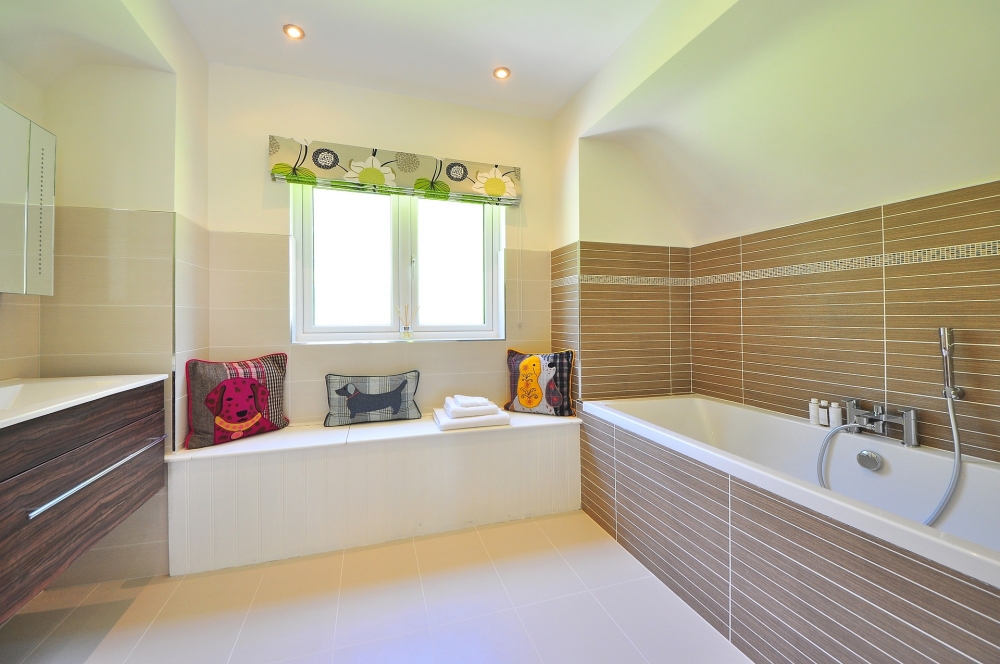Have you been looking for information concerning 6 Essential Plumbing Checks for New Homeowners?

For brand-new homeowners, understanding and preserving washroom pipes can conserve both time and money by avoiding expensive problems down the line. Here are some vital shower room pipes pointers to aid you maintain every little thing running smoothly.
Familiarize Yourself with the Main Shut-Off Valve
Understanding where the primary water shut-off valve lies in your home is important. This enables you to swiftly switch off the water in case of significant leakages or throughout pipes emergency situations, protecting against considerable water damages.
Consistently Evaluate for Leakages
Little leaks can result in large problems. Frequently check under sinks, around toilets, and near plumbing fixtures for any kind of indicators of leaks. Look for wetness, tiny drips, or corrosion. Catching and repairing leaks early can prevent more serious damage and conserve water.
Don't Disregard Slow Drains
If your sink or bath tub is draining pipes gradually, it's frequently a sign of a clog forming. Resolving this very early can stop a complete obstruction. Make use of a bettor or a plumbing's snake to clear out particles. Avoid utilizing chemical drainpipe cleansers as they can damage your pipelines with time.
Know What Not to Flush
Bathrooms are not garbage disposals. Prevent flushing anything other than bathroom tissue and human waste. Products like wipes, womanly hygiene items, and cotton swabs should be dealt with in the garbage to avoid clogs and sewer back-ups.
Set Up Strainers in Drains
Area strainers in your sink and bathtub drains pipes to catch hair and other particles before they enter your pipes system. Cleaning the strainers routinely will aid protect against accumulation and maintain water streaming openly.
Preserve Your Hot Water Heater
Ensure your hot water heater is set to an ideal temperature (commonly around 120 levels Fahrenheit) to stop scalding and lower power usage. Flush the tank every year to remove sediment build-up, which can lower the efficiency and life-span of your heater.
Upgrade Your Components
If your home has older components, think about updating to extra efficient designs. Modern commodes, showerheads, and faucets are made to use much less water while supplying good pressure, which can dramatically reduce your water expense and ecological impact.
Beware with Do It Yourself Pipes Repairs
While it's appealing to take care of all home repairs on your own, be cautious with pipes. Some concerns might require expert expertise, especially if they entail main water lines or drain repair services. Working with a specialist can sometimes be much more economical than do it yourself, especially if it prevents further damage.
Prepare for Cold Weather
Secure your pipelines from cold throughout cold weather by insulating pipelines in unheated areas like basements, attics, and garages. Throughout extreme cold, let cold water drip from faucets served by exposed pipes to help avoid freezing.
Schedule Regular Maintenance
Consider organizing yearly inspections with a licensed plumbing. They can find issues that you might miss, such as hidden leakages or damage on pipelines and components. Normal upkeep aids expand the life of your plumbing system and can avoid emergencies.
Conclusion
Understanding and maintaining your home's bathroom pipes can stop numerous common concerns. By following these essential pointers, you can guarantee your restroom remains useful and effective, conserving you money and time over time.
Essential Plumbing Tips for Homeowners: Keep Your Pipes Flowing Smoothly
As a homeowner, understanding the basics of your plumbing system can save you time, money, and a lot of headaches. Plumbing issues can range from minor annoyances like dripping faucets to major problems like burst pipes that cause significant damage. This guide provides essential tips to help you maintain your plumbing system and tackle common issues.
Understanding Your Plumbing System
Supply System: Brings fresh water into your home from a municipal source or a well. Drain-Waste-Vent System: Removes wastewater and vents sewer gases outside. Fixtures and Appliances: Includes sinks, toilets, showers, dishwashers, and washing machines. Basic Maintenance Tips
Regular Inspections: Periodically check for leaks, corrosion, and other signs of wear and tear. Look under sinks, around toilets, and near water heaters. Know Your Main Shut-Off Valve: In case of a major leak, you’ll need to shut off the water quickly. Ensure everyone in your household knows where the main shut-off valve is located. Prevent Frozen Pipes: In cold climates, insulate exposed pipes and let faucets drip during extreme cold to prevent freezing. Use Strainers: Install strainers in sinks and tubs to catch hair, food particles, and other debris that can cause clogs. Common Plumbing Issues and Solutions
Clogged Drains:
Prevention: Avoid pouring grease down the drain and use drain screens to catch debris. DIY Fix: Use a plunger or a plumbing snake to clear minor clogs. For stubborn clogs, a mixture of baking soda and vinegar can sometimes help. Leaky Faucets:
Prevention: Replace washers and seals regularly. DIY Fix: Turn off the water supply, disassemble the faucet, and replace worn parts.

Call Today